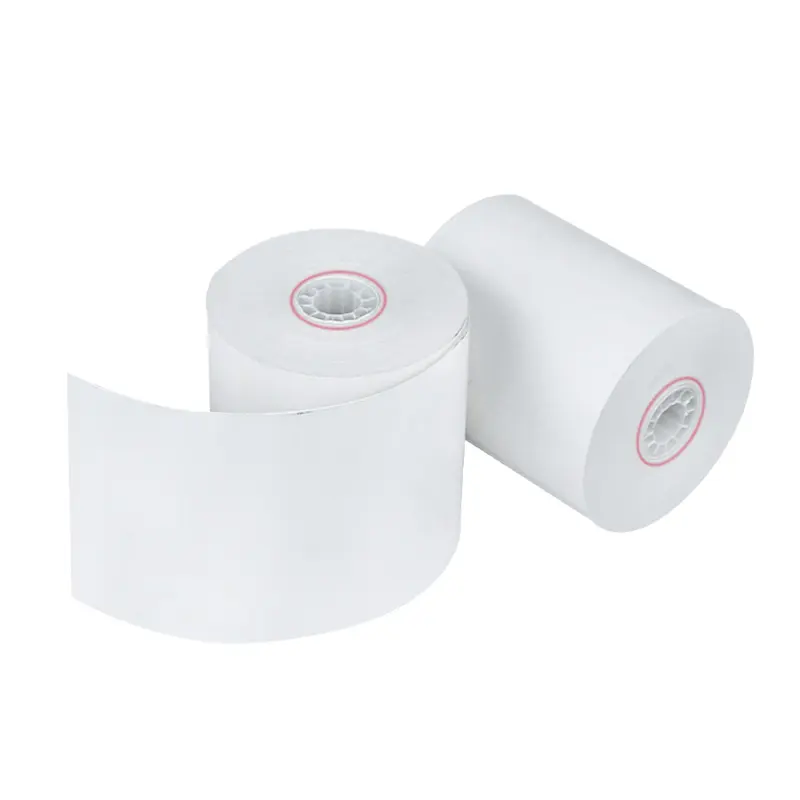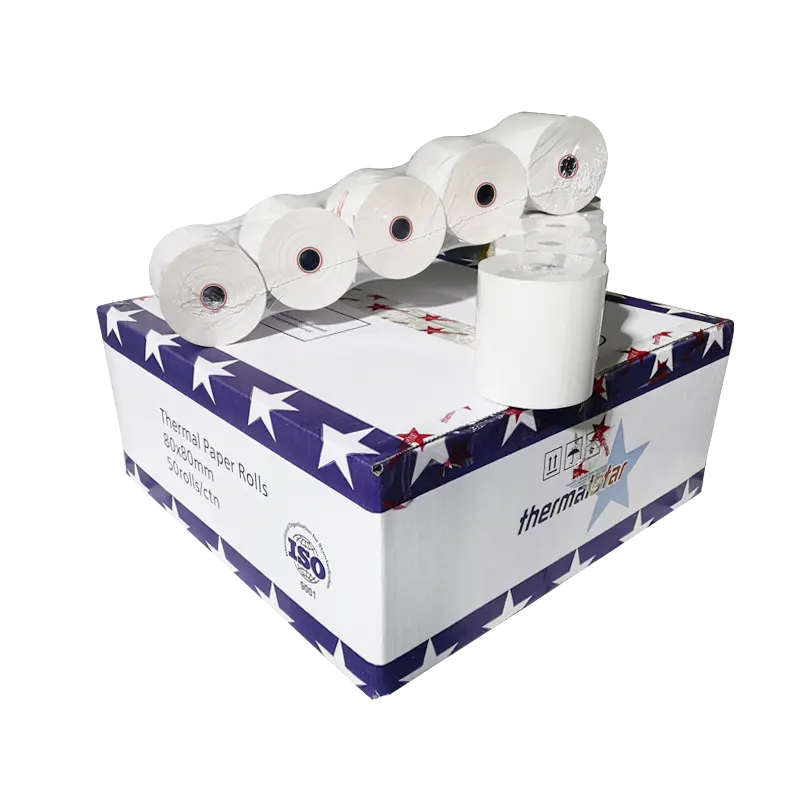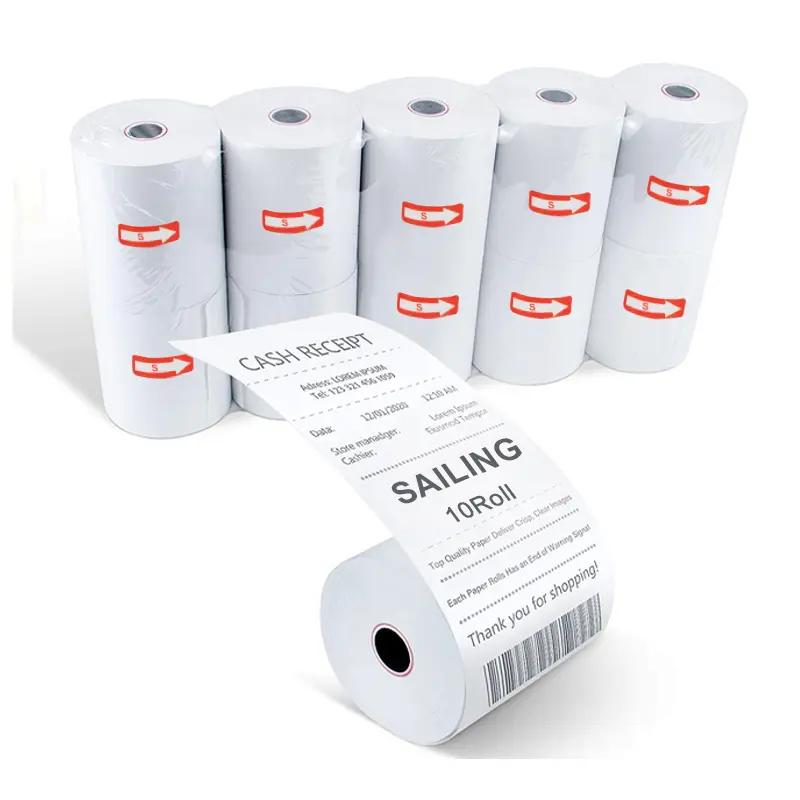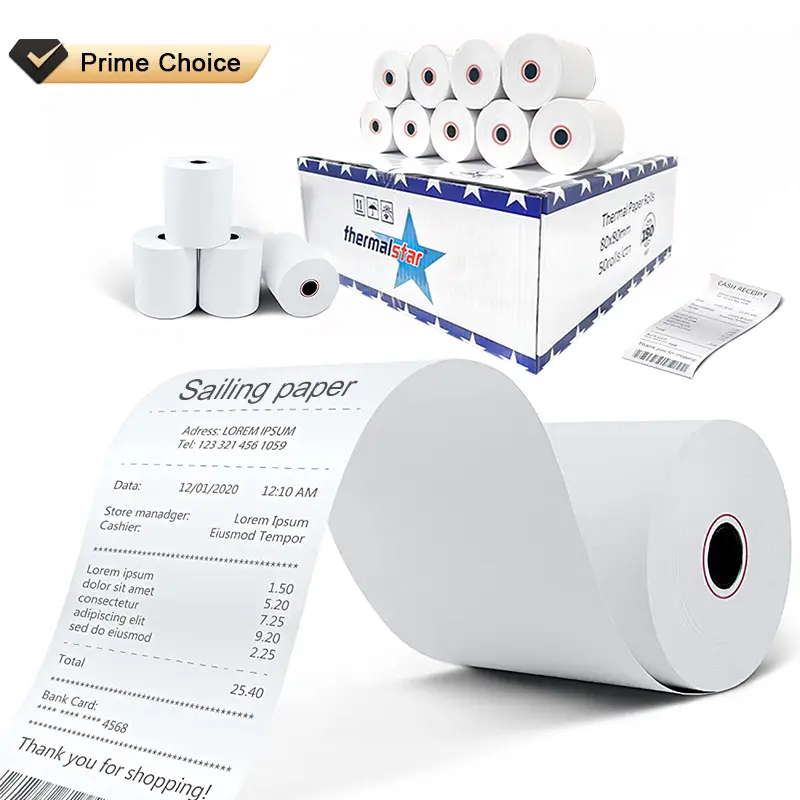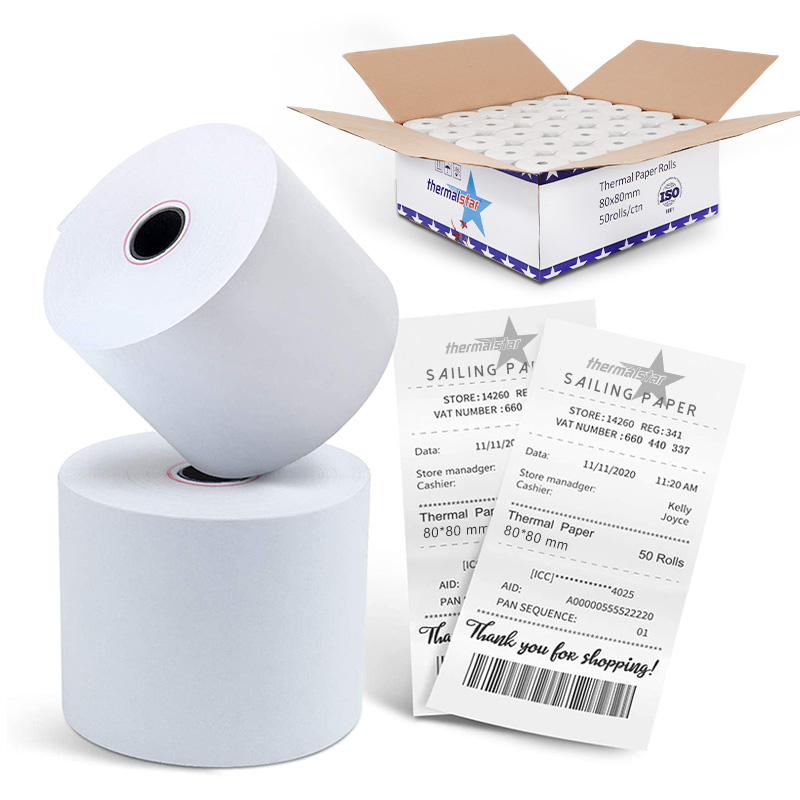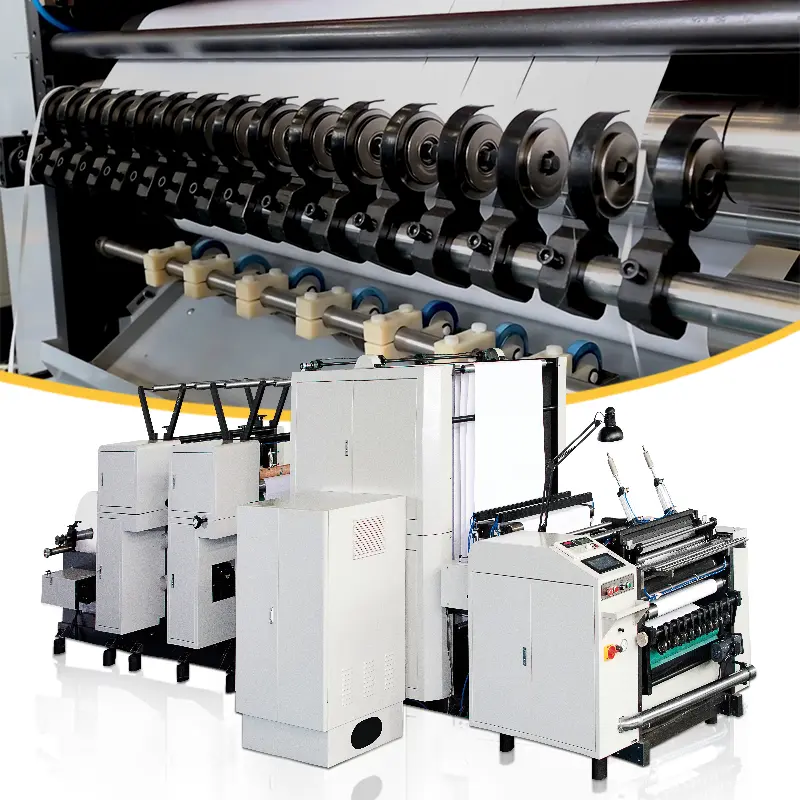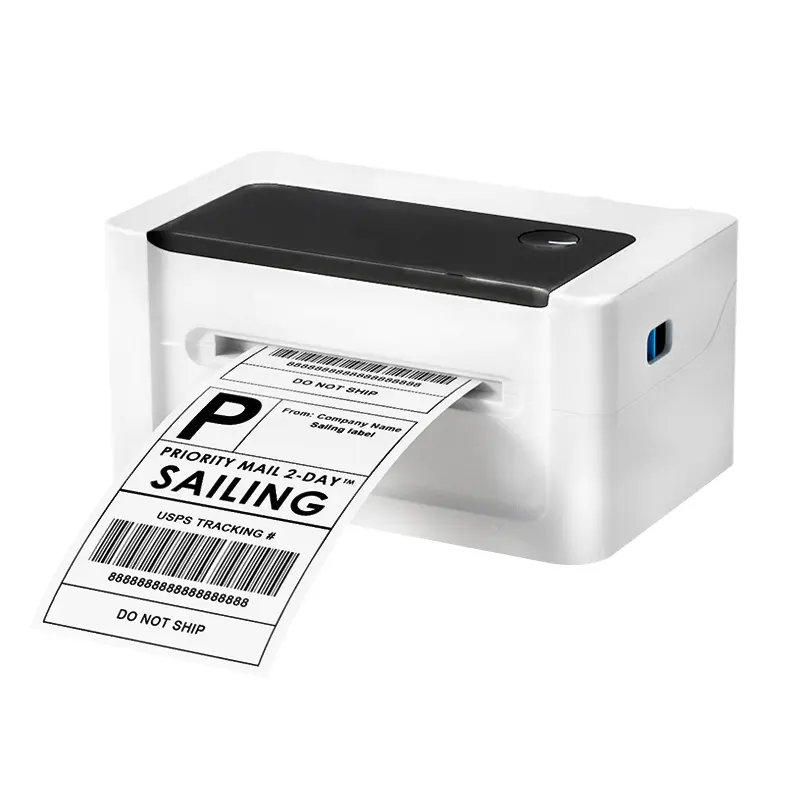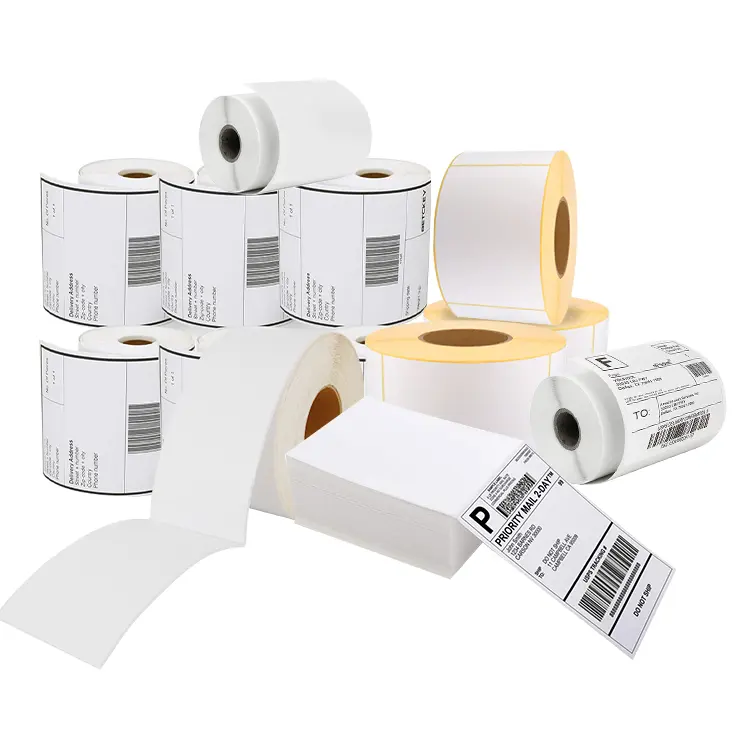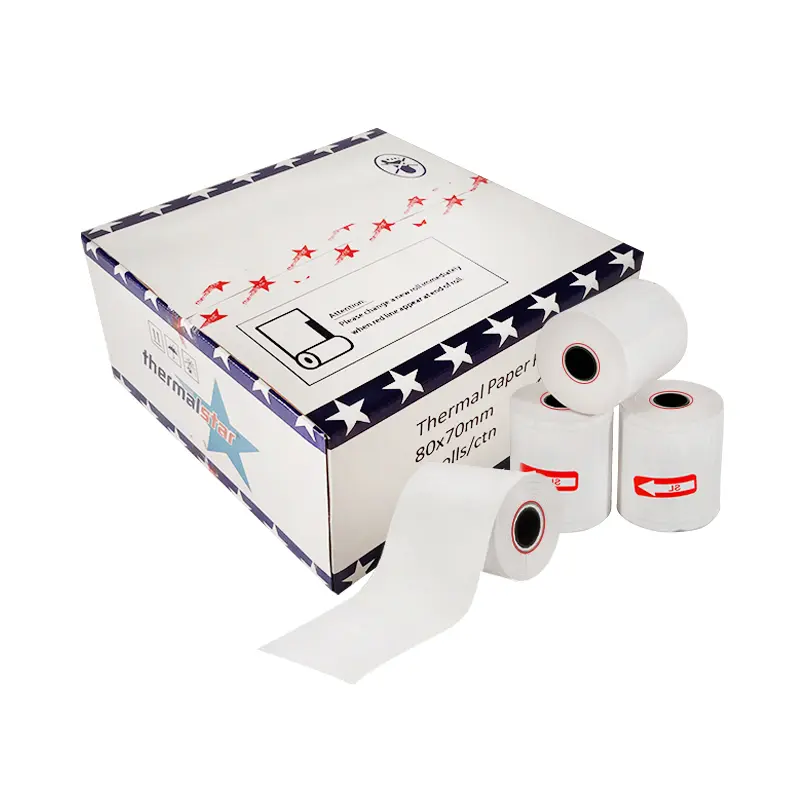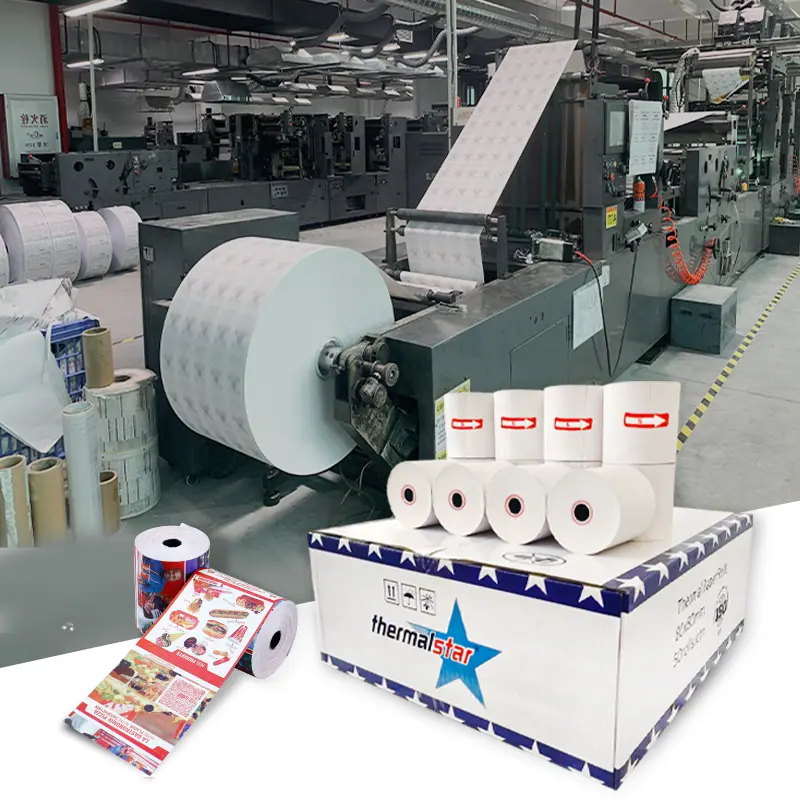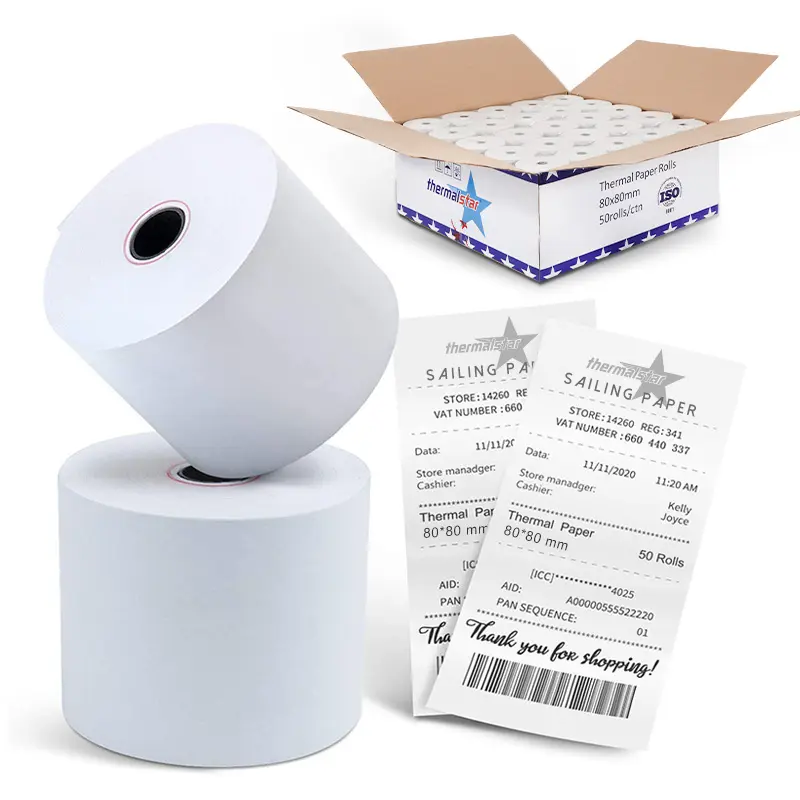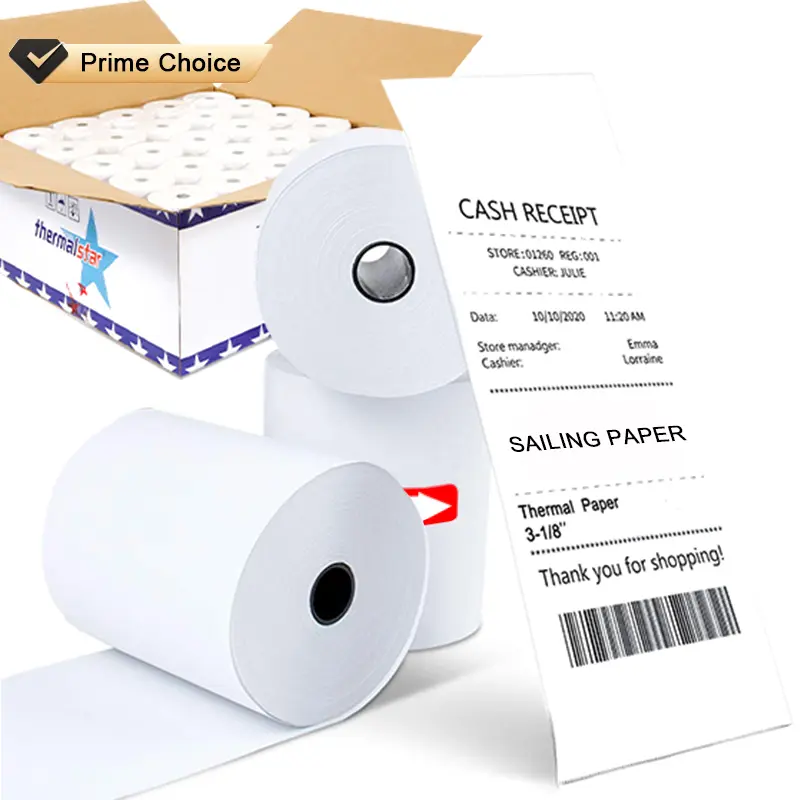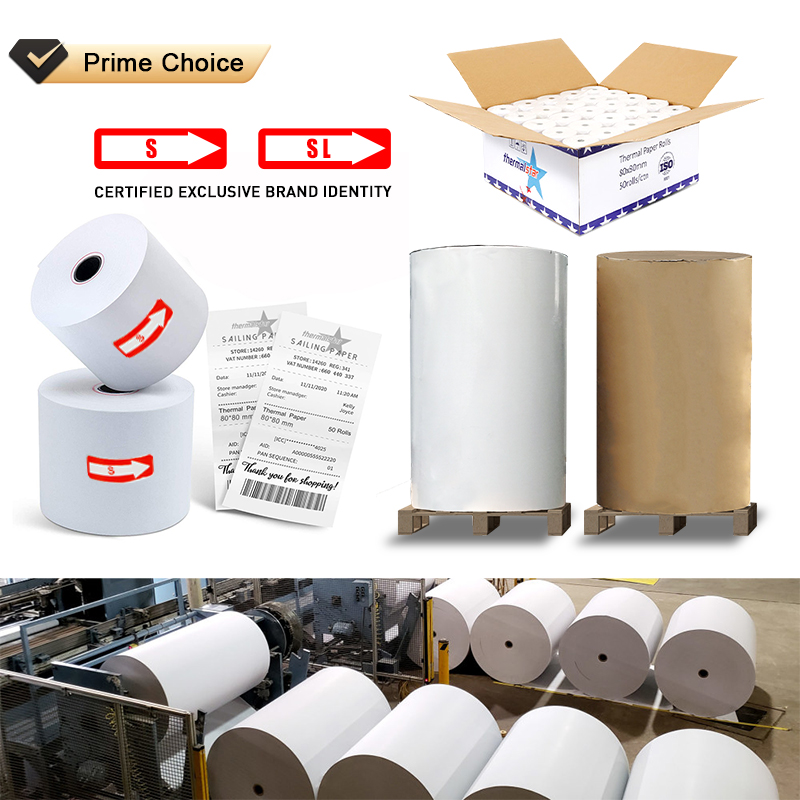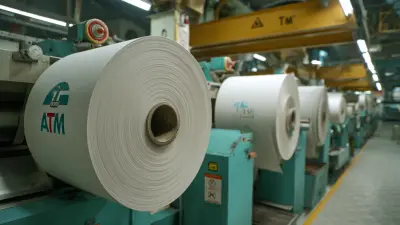Thermal Paper vs Regular Paper: Key Differences for ODM and Company Insights
Understanding the differences between thermal paper and regular paper is vital for businesses. Thermal paper features a heat-sensitive coating perfect for producing clear and rapid outputs, making it an excellent choice for receipts and labels without the need for ink. On the other hand, regular paper offers versatility for a broad range of printing applications but typically requires ink or toner. As a proud representative of ShenZhen Sailing Paper Co., Ltd., I can assure you that our thermal paper is CE certified, meeting essential safety standards. This commitment ensures that you receive dependable and high-quality products, crucial for industries such as retail and logistics. Selecting the right paper type tailored to your operations is key to enhancing efficiency and performance.
Comprehensive Comparison of Difference Between Thermal Paper And Regular Paper Where Service Meets Innovation Service
In the fast-evolving landscape of printing and packaging, understanding the difference between thermal paper and regular paper is crucial for global buyers in making informed procurement decisions. Since our establishment in 2011, Sailing has transformed from a local paper converter into a prominent international group, ensuring high-quality production in both China and Malaysia. This commitment to excellence has positioned us at the forefront of manufacturing printing, packaging, and logistic consumables.
Thermal paper, designed primarily for thermal printing technology, delivers high-quality images without the need for traditional inks. This innovation results in faster printing speeds and reduces waste associated with ink cartridges. In contrast, regular paper is versatile and used for various applications, including office documents and packaging. However, its compatibility with printers varies based on the intended purpose and specific technologies used.
When considering procurement, global buyers should evaluate their operational needs. Thermal paper is ideal for businesses focusing on receipts, labels, and shipping documents, while regular paper serves broader applications in day-to-day office environments. At Sailing, we drive innovation to meet our clients' diverse requirements while ensuring optimal service throughout the procurement process. Whether you need cost-effective solutions or high-end specialty papers, our extensive range can cater to all business needs, underscoring our mission where service meets innovation.
Comprehensive Comparison of Difference Between Thermal Paper And Regular Paper Where Service Meets Innovation Service
| Feature | Thermal Paper | Regular Paper |
|---|---|---|
| Printing Method | Thermal printing (heat-based) | Ink printing (ink-based) |
| Cost | Generally higher | Generally lower |
| Durability | Sensitive to heat and light | More durable; resistant to fade |
| Print Quality | High resolution, smooth finish | Varied quality depending on ink and printer |
| Environmental Impact | Can contain harmful chemicals | More eco-friendly options available |
| Usage | Receipts, labels, tickets | Letters, documents, packaging |
In-Depth Analysis of Methods Difference Between Thermal Paper And Regular Paper Is The Best Supplies the World’s Top Brands
M
Matthew Rodriguez
Impressive quality and design! I appreciate the professional manner in which my inquiries were handled.
04
July
2025
A
Addison Clark
I am thoroughly impressed! The product quality is fantastic and the service was impeccable.
06
June
2025
L
Lily Torres
Superb quality! Customer support was prompt and professional, making the buying process easy.
31
May
2025
L
Lucas Hall
A fantastic product! Their customer service team stands out with their professionalism and skill.
29
May
2025
I
Isabella Johnson
Thrilled with my order! The quality is excellent, and the staff’s professionalism is outstanding.
29
June
2025
A
Avery Morgan
The product quality is fantastic! Their customer service agents were very responsive and helpful.
10
June
2025






 Thermal labels
Thermal labels


